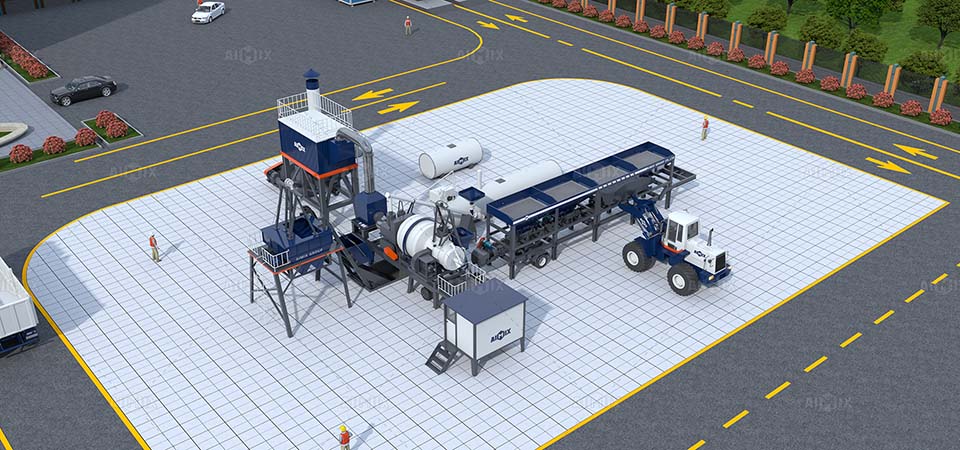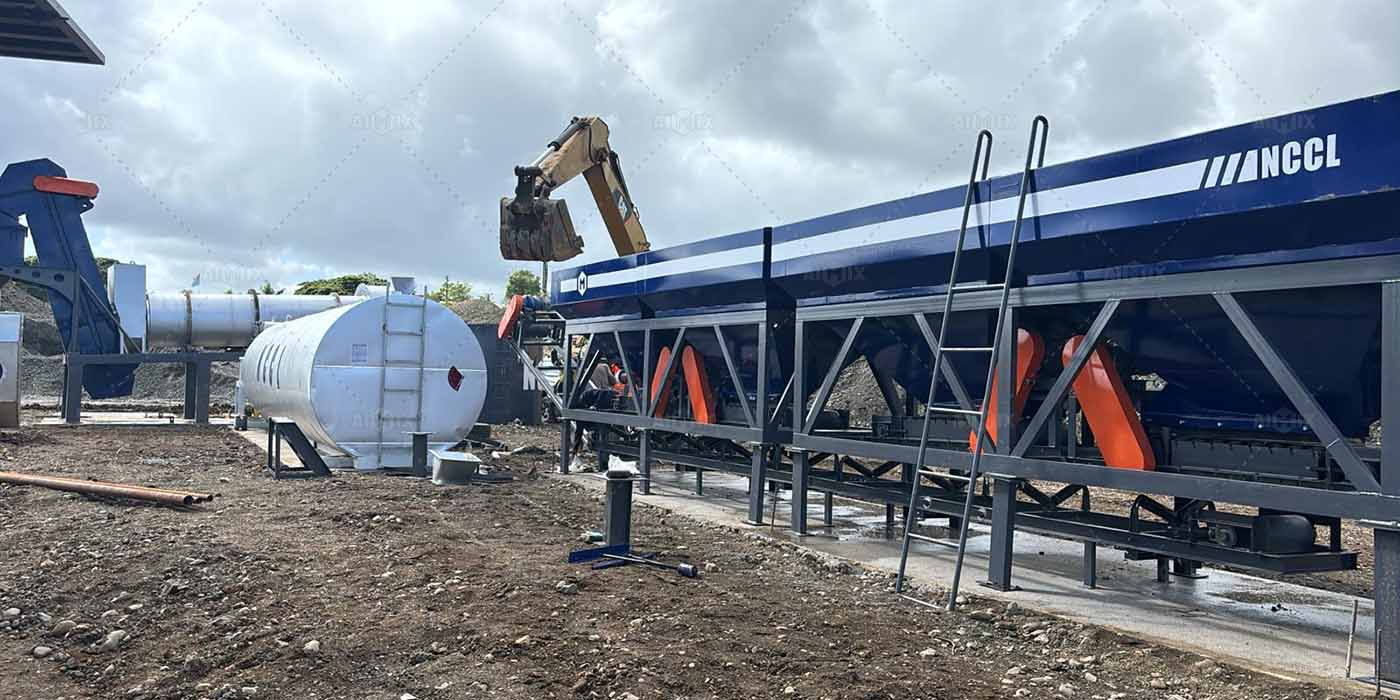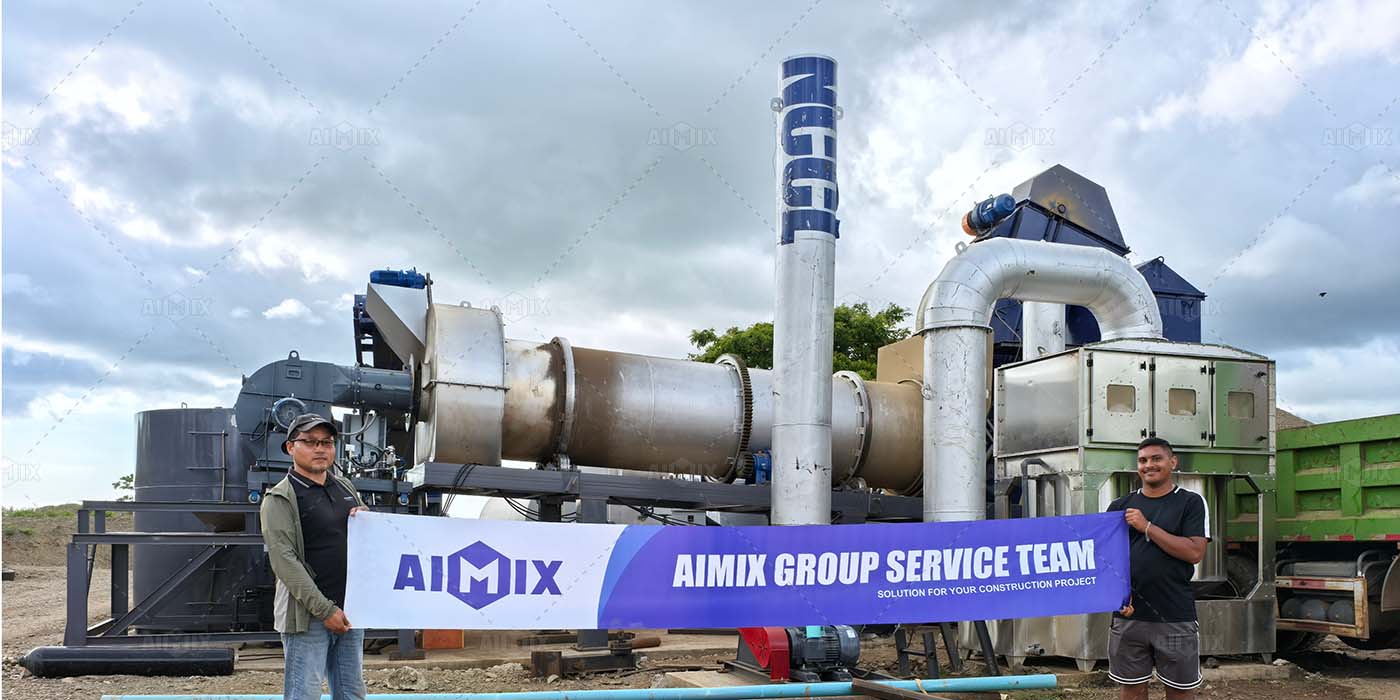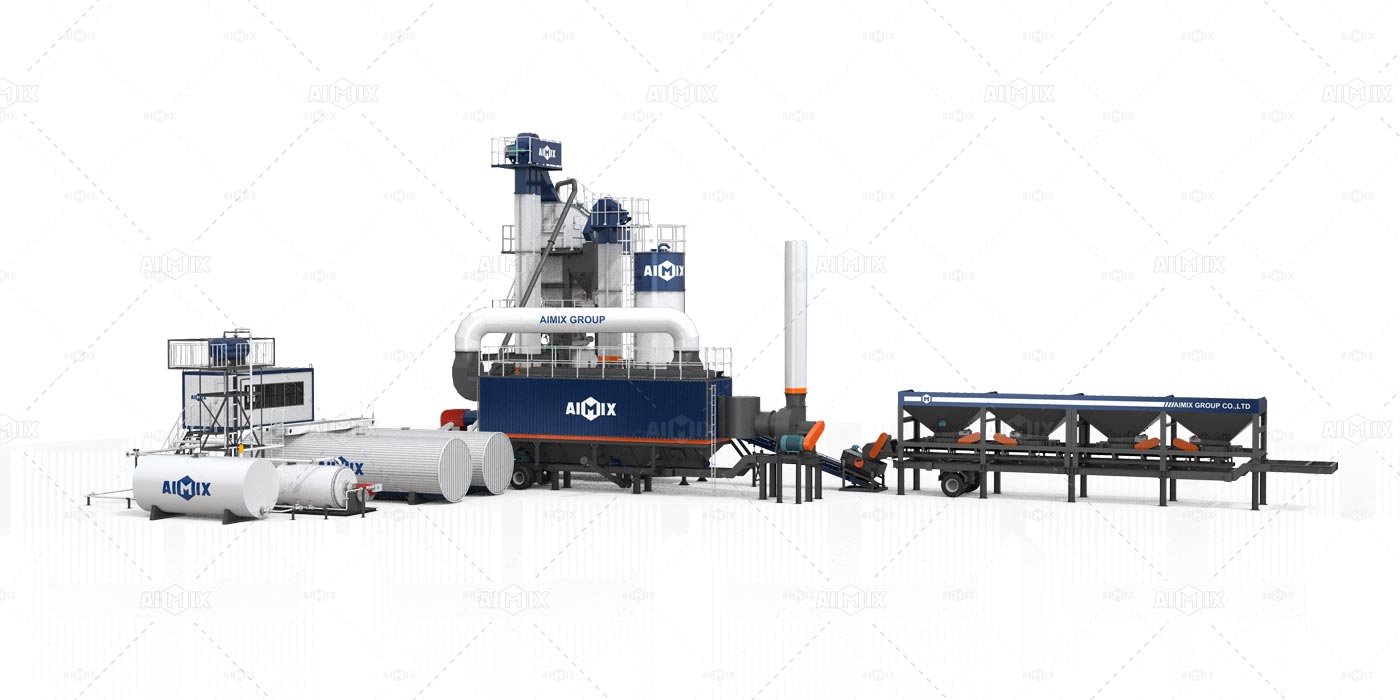Many contractors and local governments often face the same question: how to pave village roads efficiently without overspending? Asphalt purchasing costs keep rising, and outsourcing supply often causes delays. In this context, a 20–30 TPH aspal mixing plant mini has become an attractive option. But is it truly the right fit for village road paving projects? Let’s look deeper into the practical aspects.

Why Consider a Mini Asphalt Plant for Village Roads?
Village road projects are usually small to medium in scale. They require flexible asphalt production that matches the actual project demand. A 20–30 TPH small asphalt mixing plant can produce enough asphalt to cover daily paving needs without excessive idle capacity. In other words, it gives contractors control over their own asphalt supply.
At the same time, the investment cost is lower compared to a standard 80–120 TPH asphalt plant. For many rural contractors, this balance between capacity and cost is critical. Instead of relying on external suppliers, producing asphalt on-site helps reduce both purchase and transportation costs.
Matching Capacity with Real Project Needs
When evaluating capacity, it is important to consider the actual workload. Most village road paving projects range between 5–15 km in length. A 20–30 TPH plant can continuously supply asphalt for such distances without interruption. This ensures a smooth paving process and avoids the risk of having equipment sitting idle.
Moreover, the plant’s production scale aligns with the available workforce and paving machinery typically used in villages. Larger plants may create excess asphalt that goes to waste, while smaller mobile mixers may fail to meet daily demand. Therefore, a mini asphalt plant strikes a practical balance.

Cost Efficiency and ROI
Cost is always a key factor in decision-making. Contractors who purchase ready-mix asphalt often struggle with price fluctuations. A mini asphalt plant allows them to stabilize costs and calculate ROI more clearly. Although the upfront investment is higher than buying asphalt directly, the long-term savings in material and transport make the plant more cost-effective.
For example, if a contractor produces asphalt in-house, each ton of asphalt may cost significantly less than outsourced supply. Over several projects, the savings can quickly pay back the equipment cost. This is why many small contractors see the plant as a smart long-term investment.
Fuel Consumption and Maintenance
Some buyers worry about fuel use. Fortunately, 20–30 TPH mini asphalt plants are designed with optimized burners that reduce fuel consumption per ton. Since production volumes are moderate, operating costs remain manageable. In addition, the compact design makes routine maintenance easier, which minimizes downtime.
Maintenance is also simpler compared to large-scale plants. With fewer complex parts, contractors can train local operators to handle regular inspections and small repairs. This helps extend the jual asphalt mixing plant’s lifespan and ensures stable performance during projects.

Mobility and Installation
Another advantage of mini asphalt plants is mobility. Many models come with skid-mounted or trailer-mounted designs. This makes it easy to move the plant between project sites. For village road paving, where projects may be scattered across different areas, mobility adds significant value.
Moreover, installation time is shorter compared to large stationary plants. Contractors can set up the plant quickly, start production, and relocate when needed. This flexibility supports small contractors who handle multiple projects within a region.
Environmental and Quality Considerations
Modern mini asphalt plants are not only compact but also environmentally friendly. Many are equipped with dust collection systems to reduce emissions. This ensures compliance with local environmental regulations, which are becoming stricter even in rural areas.
At the same time, the asphalt quality produced by a 20–30 TPH asphalt plant meets the standards for village road construction. With proper aggregates and mix design, contractors can deliver durable pavements that withstand local traffic and weather conditions.

Is It the Right Choice for You?
Choosing a 20–30 TPH mini asphalt plant depends on your business strategy. If your projects mainly involve small village roads, this plant offers the right balance of efficiency, cost control, and mobility. On the other hand, if you expect to expand into larger highways, you may need a higher-capacity plant in the future. For many contractors, starting with a mini asphalt plant is the most realistic step.
Conclusion: A Practical Solution for Village Road Projects
In summary, a 20–30 TPH mini asphalt plant is a smart option for contractors focused on village road paving. It matches project scale, reduces costs, and provides flexibility. While it may not suit very large projects, its advantages in efficiency, ROI, and mobility make it highly practical for rural infrastructure development.
If you are exploring the right asphalt plant for your projects, we are here to help. Our team provides customized solutions and technical support to ensure your investment brings long-term value. Contact us today to discuss the best asphalt plant setup for your business.
Leave a Reply